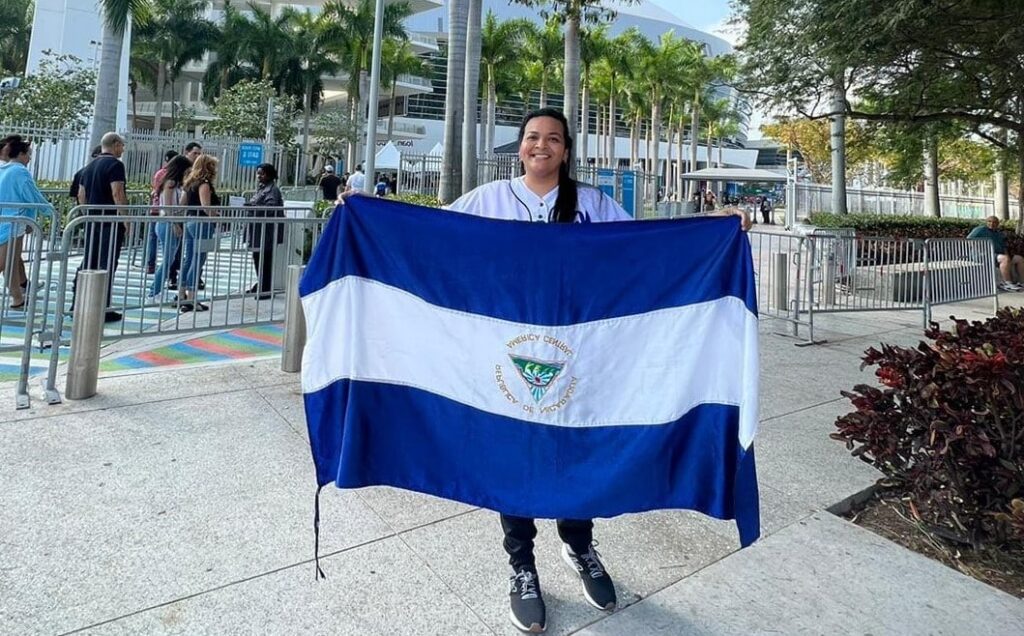Joselin Montes: “I have not remained silent”

She claimed “reasonable fear” of being deported. “Prosecutors and judges in the US have all the necessary information about Nicaragua”
HAVANA TIMES – Journalist Joselin Montes, originally from Chinandega, was released on Friday, February 23 in the United States after an immigration judge rejected the authorities’ request to deport her and send her back to Nicaragua. It was demonstrated the “reasonable fear” that, upon her return to the country, she would be subjected to unjust imprisonment, isolation, and torture.
In an interview with Esta Semana, the journalist recounts why the dictatorship targeted her; the journey that took her to Panama, Colombia, and finally to the United States, where she faced the real risk of deportation as she had a previous immigration process.
In the end, her legal representative was able to demonstrate the inhumanity of handing her over to the regime, so she was allowed to remain in the US, where she intends to begin studying English and graduate as a ‘paralegal’, which would allow her to assist the processes of many other people who remain in immigration detention, with little to no legal assistance.
Joselin, tell us what were the reasons you left Nicaragua and arrived in the United States to seek asylum.
JOSELIN MONTES: I left due to false accusations against me by the regime of Daniel Ortega and Rosario Murillo. Authorities of the infamous and criminal dictatorship in the department of Chinandega, where I am from, constantly harassed me and made false accusations against me. I was accused of trying to burn down the Chinandega City Hall, trying to assassinate the departmental FSLN political secretary of Chinandega, and the mayor of Chinandega, and that’s why I had to leave my homeland.
When did you leave Nicaragua?
I left on December 11, 2018. First, I went into exile in Panama and then in Colombia. I asked the authorities of those two countries to give me protection, asylum, something, but I never received a response. In Colombia, I applied for a work visa, and I also didn’t get a response. That’s why I decided to make the journey from Colombia to the United States in search of protection, to safeguard my life, and in search of freedom.
You were a journalist in Chinandega and were a correspondent for Canal 10 TV.
I was a correspondent for Canal 10 in the department of Chinandega, for the Acción Diez News, in their twelve noon and evening editions.
Why are you being accused? Did you cover the protests as a journalist?
Yes, I covered the protests for certain radios in Chinandega, for the radio programs ‘En Contacto con la Sociedad’ and ‘En Aquí se Habla’ programs that were broadcast in slots paid for by ourselves, independent journalists. The regime also accuses me because I was part of the April 2018 protests, and because I founded the ‘Álvaro Conrado’ Medical Brigade in Chinandega. When the Ortega and Murillo dictatorship closed the service in public hospitals in the department, we created medical brigades to attend to the needs of the young people in the protests.
When they accused you, did they do it in a court or on social media? Do they accuse you, or threaten you?
They accused me through a video of a person who was detained by the infamous death squads, and they used the typical tactic of the dictatorship: a false


